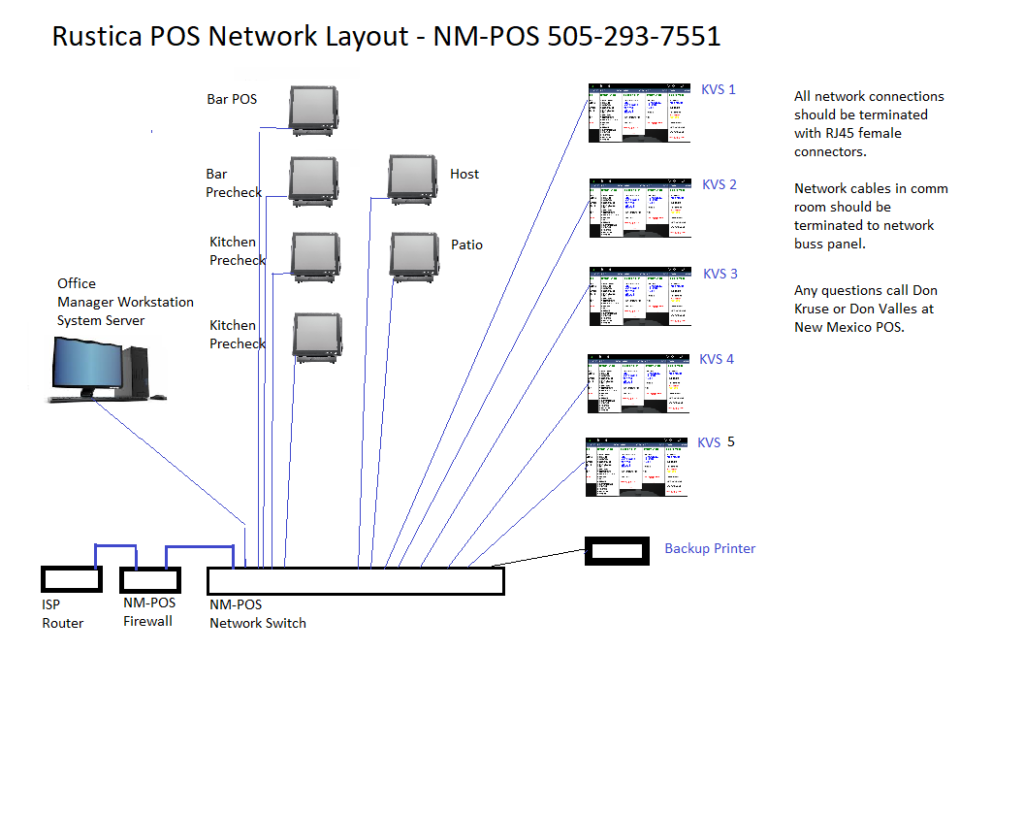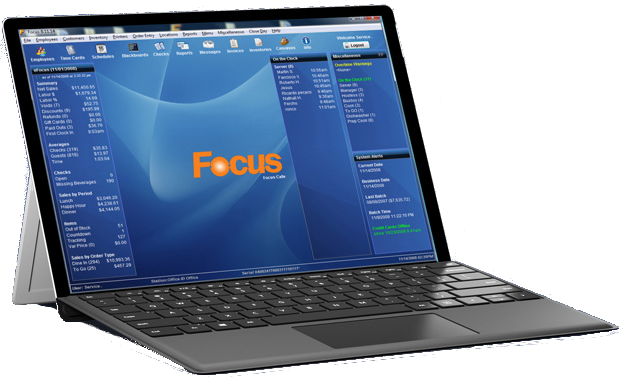October 30, 2020
Choosing the right Network for your Point of Sale
It’s common knowledge when you’re wanting to connect your computer to your home’s router, you need to head to the nearest store and purchase an Ethernet cable. You connect it to the specified port behind the tower and BAM! You’re connected to the internet!
But is it that simple for your business?
The simple, yet unfortunate answer is, No.
In a business environment you have to take several things into factor before connecting everything at one location.
Credit Card Processing and PCI Compliance
The most common mistake business owners make is processing payments over the same network the business writes emails, surfs the web, streams music, etc. This is a costly mistake! Processors have written into their clauses what is called a PCI Compliance and their guidelines to comply with them. One of the easiest ways to follow the rule set is to keep your network processing credit cards and the network handling every other aspect of the business separated.

As shown above, the firewall is what ALL point of sale equipment is attached to the Firewall. The firewall is then attached to ISP (internet service provider) equipment to obtain internet. In this diagram, it prevents all outside network activity to access anything containing credit card data.
Wireless Access Points and Guest Wifi
Most businesses will offer free Wifi for their guests. This may present some trouble as the business will have to double up on their wireless networks for the same reason above if they are planning on using any wireless devices to ring orders. Because there is processing on the network, even if not on the actual wireless device, it must be separate from all other devices outside of the network. Surveying the site for potential dead zones and interference is a great way to plan for the optimum connectivity and an estimate to how much the optimum connectivity will cost.
Wiring
Not all ethernet cables are built the same and all serve different purposes though they all look similar, using an RJ45 connector. When testing wire or having wire ran throughout the business, factors such as speed, distance, and cost come into effect.
Cat5e, the most common, will work for most businesses as it has a 1 Gbps (1000 Mbps) connection capability and can keep a stable speed for up to 100 meters. New Mexico POS recommends this wire for all point of sale terminals and peripherals unless unique situations are introduced such as server towers, managed switches, domains, etc.
Cat5 aka fast ethernet is an older and slower version of wire and is still capable of connecting a network but is not advised. This wire is capable of reaching 10/100 Mbps speeds for up to 100 meters.
Cat6a, the premium and fastest option has capabilities of connection speeds of 10 Gbps but comes in at a stable speed length of almost less than half of Cat5e, at 55 meters. It is comparable to Cat7, which does not use a traditional RJ45 connector. This is considered overkill for a point of sale network unless unique and custom items are introduced to the network.
If you would like to read further into versions of Cat cables, we found this website as a great resource. Cable Matters
Questions? Concerns? Reach out to us!
Office: 505-293-7551

